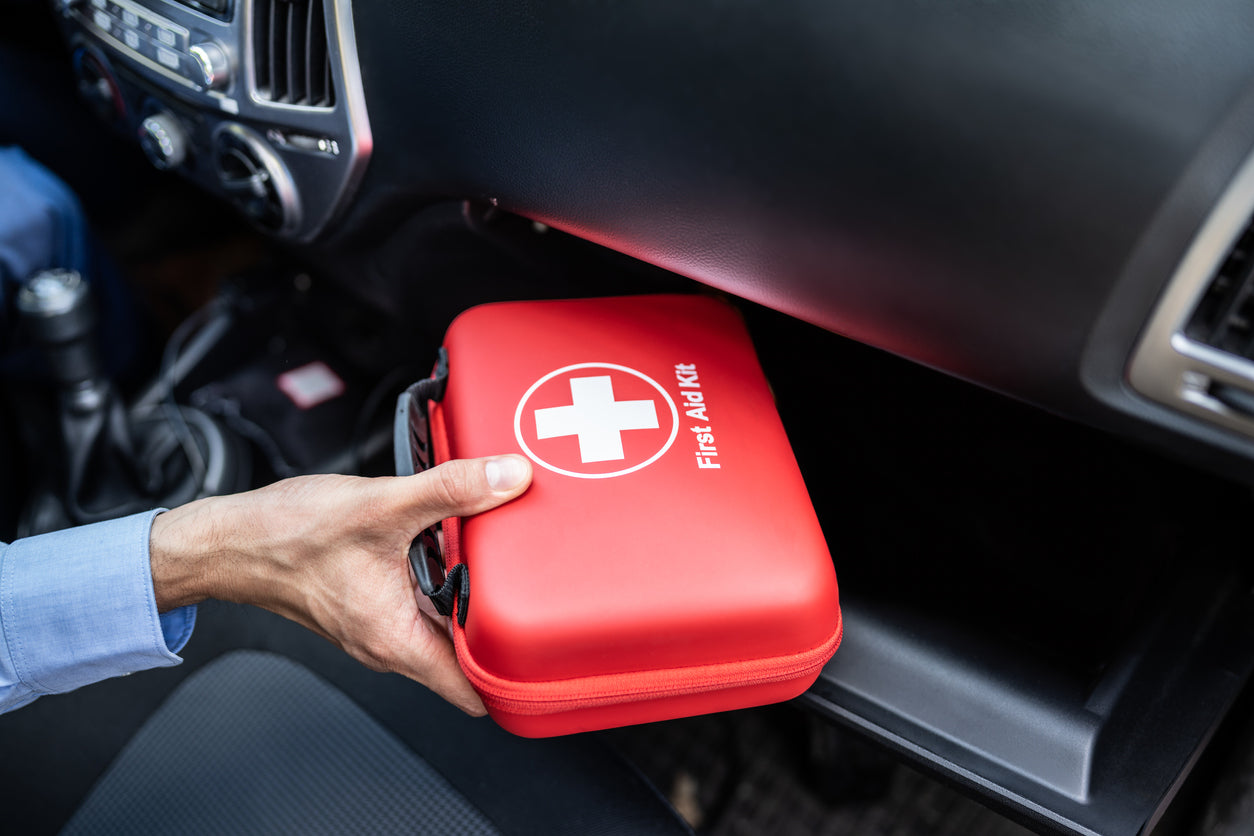When you hit the road, you expect a smooth journey, but unexpected events can occur at any time. A breakdown, accident, or other emergencies can leave you stranded or in need of assistance. To stay prepared and ensure your safety, every car should carry car emergency kits and supplies. In this article, we'll explore the importance of these kits, what they should contain, and how they can be a lifesaver in times of crisis.
A car emergency kit is a collection of essential items and supplies that can assist you in various crisis situations while on the road. These kits are designed to help you deal with common roadside emergencies, accidents, and other unexpected events. Carrying such kits is not only prudent but can be a lifesaver when unforeseen circumstances arise during your journey.
Key Reasons to Carry Car Emergency Kits
Roadside Breakdowns
Car breakdowns can happen at any time and for various reasons, such as engine problems, flat tires, or battery failures. Having the right tools and supplies can help you get back on the road quickly.
Accidents and Collisions
Accidents and collisions can lead to injuries and vehicle damage. First aid supplies in your emergency kit can be vital in providing immediate care while waiting for professional assistance.
Extreme Weather Conditions
Extreme weather, including snowstorms, heavy rain, or scorching heat, can affect your vehicle's performance and your safety. Car emergency kits can help you stay warm, hydrated, and sheltered in such conditions.
Inaccessibility to Services
In some areas, especially remote or less populated regions, service stations and assistance may be far apart. Having supplies in your car can help you survive until help arrives or you reach a service area.
Essential Items for Car Emergency Kits
A well-rounded car emergency kit should include the following:
Basic Tools and Equipment
- Jumper cables: For jump-starting your vehicle's battery.
- Tire repair kit: To temporarily fix a flat tire.
- Flashlight and extra batteries: For visibility in the dark.
- Multi-tool or utility knife: Handy for various tasks.
- Duct tape and zip ties: For quick fixes and repairs.
First Aid Supplies
- First aid kit: Including bandages, antiseptic wipes, adhesive tape, and scissors.
- Emergency blanket: For warmth and protection.
- CPR mask: Essential for CPR in emergencies.
Emergency Communication Devices
- Cell phone and charger: To call for help and keep your phone charged.
- Portable power bank: For recharging your devices when the car battery is dead.
- Whistle or signal flare: For signaling for help.
Food and Water
- Non-perishable snacks: Such as energy bars or nuts.
- Bottled water: To stay hydrated.
Warmth and Shelter
- Warm clothing and extra blankets: For cold weather.
- Rain poncho or tarp: For staying dry in wet conditions.
- Gloves and hand warmers: For added warmth.
Customizing Your Car Emergency Kit
Tailor your car emergency kit to your specific needs and vehicle. Consider:
Vehicle-Specific Supplies
Include items specific to your vehicle, such as spare parts, fuses, and specialty tools.
Personal Essentials
Add medications, personal hygiene items, and any necessary documents.
Climate and Location Considerations
If you often drive in extreme weather or remote areas, adjust your kit accordingly. For example, add snow chains, extra water for desert driving, or sunblock for sunny regions.
Car Maintenance and Inspection
In addition to carrying an emergency kit, it's crucial to maintain your car to reduce the likelihood of breakdowns and accidents. Follow these guidelines:
Regular Vehicle Check-ups
Schedule routine maintenance, including oil changes, brake inspections, and tire rotations. Address any issues promptly.
Maintenance Schedule
Follow your vehicle's recommended maintenance schedule to keep it in top condition. This can significantly reduce the risk of unexpected breakdowns.
Conclusion: Your Roadside Safety is in Your Hands
Car emergency kits are your safety net on the road. By carrying essential supplies and staying prepared, you can confidently navigate any journey, knowing that you have the tools to handle common roadside emergencies. Remember that your safety is in your hands, and a well-prepared vehicle can make all the difference in challenging situations.

